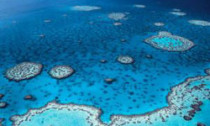
Great barrier reef can decline to less than 10% if ocean warming continues. A new study has revealed that Australia’s Great Barrier Reef could lose 90 percent of its living corals if ocean warming continues. A new study that explores the short- and long-term consequences of environmental changes to the reef shows that live coral coverage on Australia’s Great Barrier Reef could plummet to less than 10% if ocean warming continues.The study aims to project the composition of the future Great Barrier Reef under current and future environmental scenarios.
Researchers at James Cook University found that in the long-term consequences indicate that a moderate warming of 1-2 degrees Celsius can result in coral cover declining to less than 10%, the tipping point for reef growth.In the short term, rising temperatures and pollution from human activities could see corals, tiny jellyfish-like animals, over-run by seaweed.In the short term, rising temperatures and pollution from human activities could see corals, tiny jellyfish-like animals, over-run by seaweed.
Lead author Jennifer K Cooper, a graduate student in marine biology, at James Cook University said that the model indicated that warming of an additional 1-2 degrees Celsius would more than likely lead large decline s in coral cover and overall changes to the community structure and if their model is correct the Great Barrier Reef will begin to look very different as ocean temperatures increase.
The study further showed that overfishing, coastal pollution and increased temperatures and ocean acidification from carbon emissions, as well as other human activities affect coral reef ecosystems.
The Great Barrier Reef, which stretches along most of the coastline of the state of Queensland and is about the size of Japan, contains the world’s largest collection of coral reefs, with 400 types of coral, 1,500 species of fish and 4,000 types of molluscs and must be preserved by any means possible.


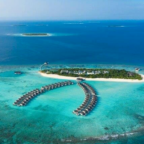
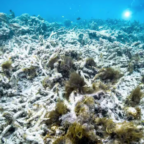



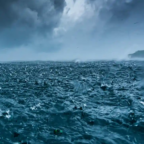
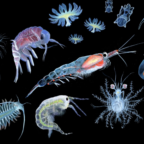

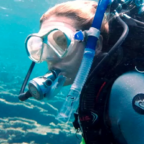



Social Profiles